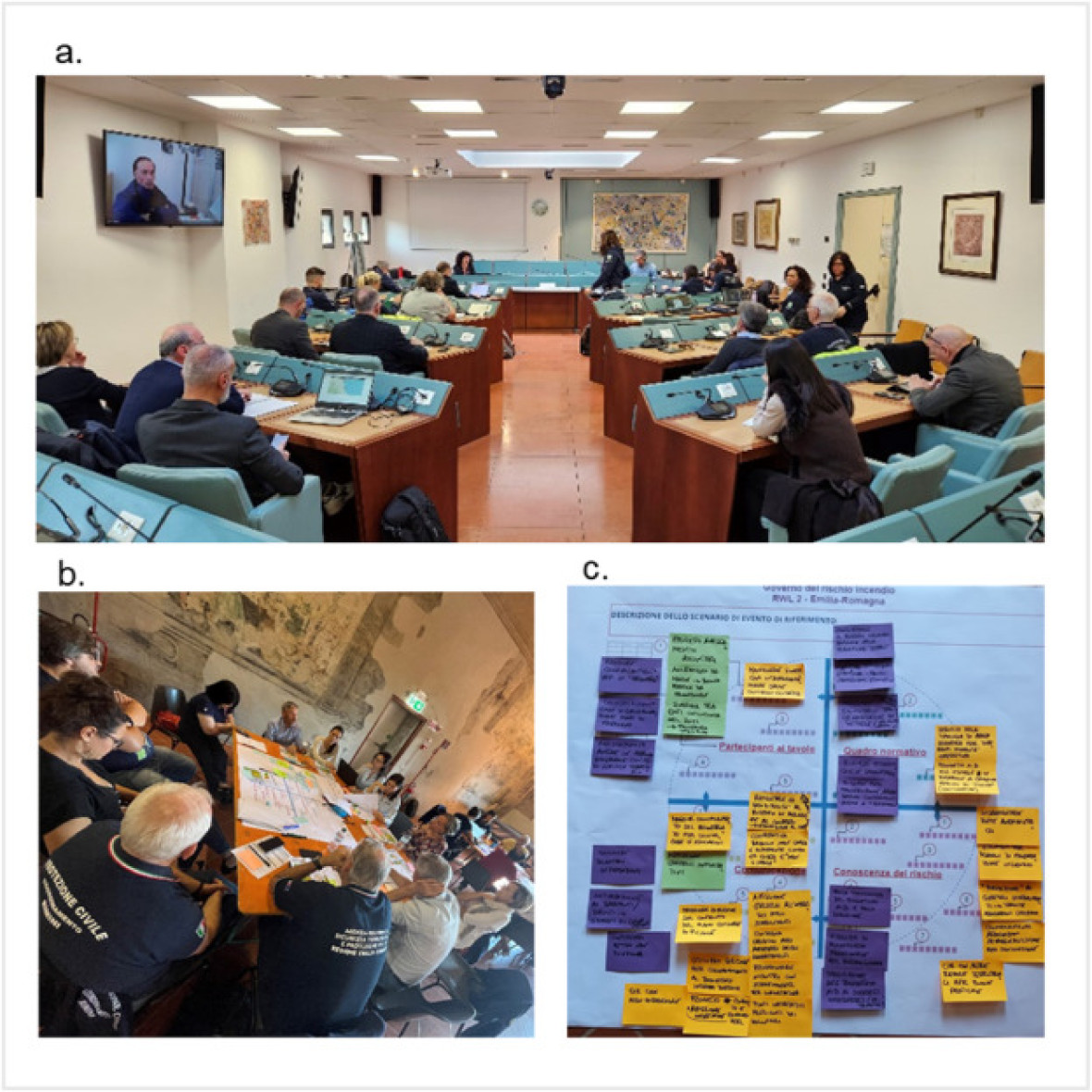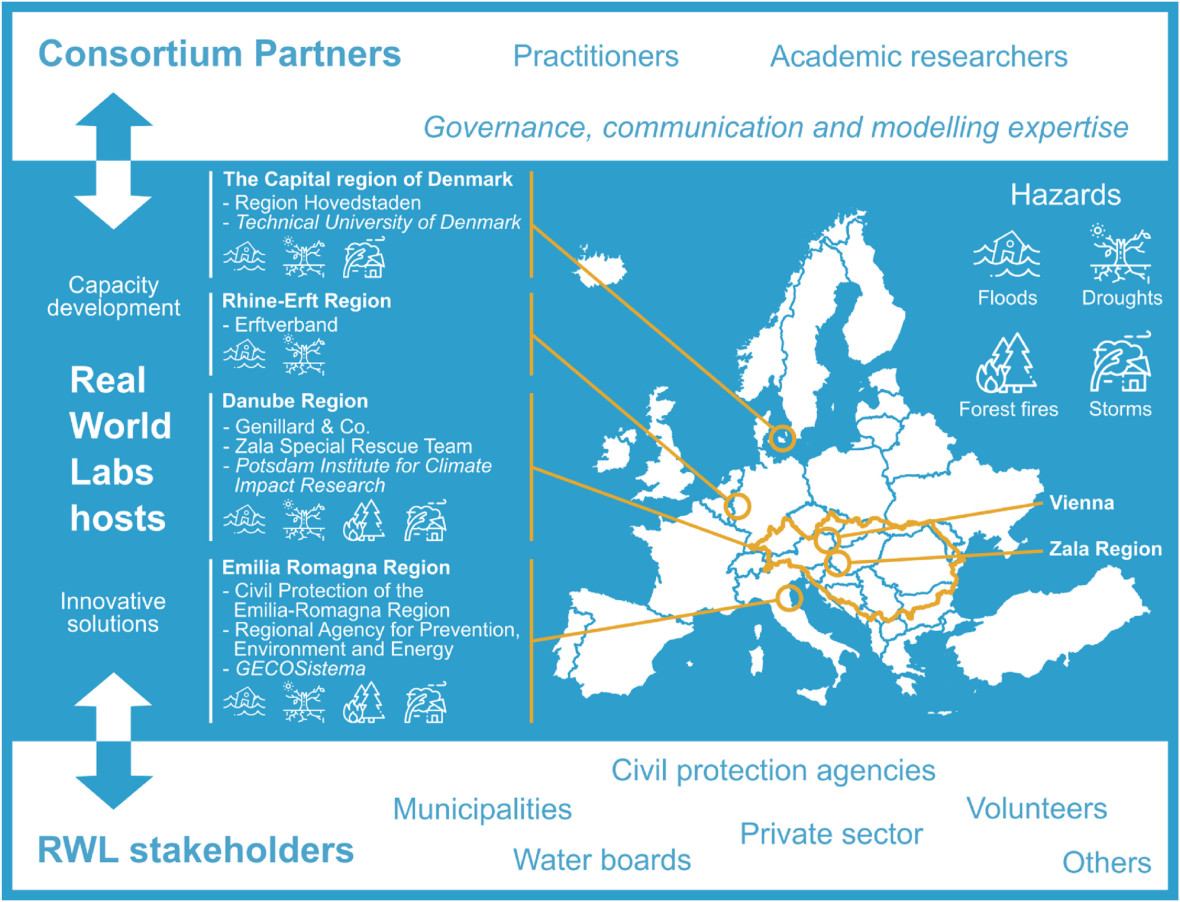Systemic & Disaster Risk Resilience Requires All-Hands-On-Deck! The Paradigm of Participation in Building European Resilience
10.04.2025
In today’s highly interconnected world, crises are becoming increasingly complex and intertwined. From climate change to COVID-19, from disasters caused by extreme weather events to political upheavals, risks are no longer isolated events but cascading, multidimensional, and systemic challenges. Environmental degradation, more frequent and intense climate events, and geopolitical instability all contribute to a growing web of risks. This complexity demands a comprehensive, all-hands-on-deck approach to Disaster Risk Management, Disaster Risk Reduction, and Climate Change Adaptation. If European societies—and individual communities—are to build resilience against these mounting stressors, they must embrace policies that address risk in a holistic way.
One key strategy for improving disaster and climate resilience is fostering meaningful participation. A recent paper published in the International Journal for Risk Reduction (Clark et al., 2025) highlights this approach, with contributions from the RIFS Systemic Risk group and the DIRECTED project, which focuses on strengthening disaster resilience across European communities. Drawing on insights from more than eight European-funded research initiatives, the study underscores the necessity of an “all-of-society” approach.
To build truly resilient communities, four critical dimensions must guide policymaking. First, participation must go beyond token involvement—it should be impactful, influencing decision-making and creating space for engagement with at-risk and historically marginalized communities. Second, locally affected individuals need access to the necessary resources and knowledge to prepare for and manage disasters effectively. Third, reducing vulnerabilities is essential, ensuring that communities are not just reacting to crises but proactively strengthening their defenses. Lastly, resilience requires adaptability within formal Disaster Risk Management organizations, enabling them to respond dynamically to evolving risks.
As the leading partner in governance mechanisms within the DIRECTED project, RIFS is at the forefront of designing and implementing participatory risk governance strategies. Our approach is grounded in the Risk-Tandem Framework, a toolkit that facilitates risk governance, management, and co-creation, tailored to the unique needs of local communities (Parviainen et al., 2025).

By further developing the Risk-Tandem Framework, the DIRECTED consortium aims to enhance knowledge co-production processes—ensuring that risk governance mechanisms are not only practical but also ethically sound. Co-producing risk knowledge with local stakeholders improves both the applicability and acceptance of these strategies. However, successful co-production requires key competencies among stakeholders, experts, and practitioners. To support this, we emphasize the development of four core capacities: collaboration, systems thinking, creativity, and reflexivity (Cumiskey et al., 2025). DIRECTED’s hands-on engagement with various European regions—our “Real-World Labs”—allows us to refine and improve these participatory processes in real time.

Across the disaster risk and climate adaptation research community, there is a clear shift toward deeper collaboration with local stakeholders. While top-down expertise remains valuable, long-term resilience depends on how well communities and policymakers integrate scientific knowledge into their own realities. The future of systemic risk governance must be participatory—ensuring that solutions are not only effective but also equitable.

